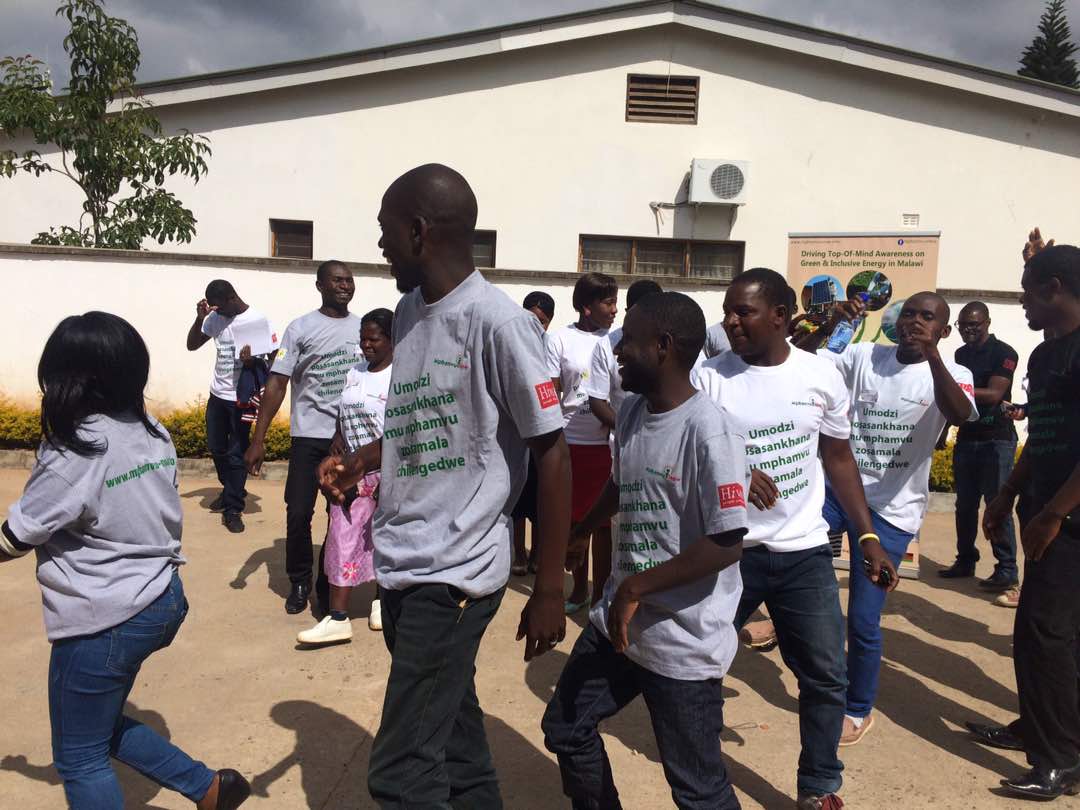
By JOSEPH MIZIMBE
Despite energy playing a significant role in improving the lives of people and achievement of Malawi’s development goals, currently the main sources of lighting for 90 percent of non-electrified households are battery torches, elephant grass, candles and paraffin lamps. For cooking, about 95 percent depend on biomass like firewood and charcoal, only a fraction of the society use improved cook stoves. Electricity Supply Corporation of Malawi (ESCOM) provides 11 percent of electricity with rural areas accessing two (2) percent.
As a result essential community services like health centres and schools in rural areas fail to function as expected because of lack of energy access.
Lack of energy has impact on people’s health, environment, economy, education among many others and these occur at house-hold, community as well as national levels.
On health, life-saving operations, examinations and procedures cannot be performed after dark without good lighting as a result many women and children die due to complications that cannot be handled properly in darkness or without simple oxygen machines. Furthermore, retention of qualified medical staff in rural clinics is low.
Education is also affected by lack of energy as smoke during indoor lighting limits working hours for learners to study and finish assignments and can cause severe strain to eyes and lungs.
Economically, households spend about 30 percent of their income on recurring expenditure on buying candles, torch batteries, paraffin, firewood and charcoal. On the other hand, government spends more on importing non-renewable fuels which result in scarcity of foreign exchange.
Deforestation is rampant as 95 percent of households depend on biomass fuels for cooking due to lack of alternatives.
Concerned with energy challenges and its impact, a local non-governmental organization, Renew-N- Able Malawi through its advocacy campaign on Green and Inclusive Energy (GIE), “Mphamvu Now”, with support from Hivos International, is building the capacity of Civil Society Organizations leaders, teachers, youth activists and individuals across the country. A series of trainings were conducted in the months of June and July (2017) in Blantyre, Lilongwe and Mzuzu cities.
According to Renew’N’Able Malawi volunteer Pia Borkenhagen, the project aims to empower GIE advocates to effectively work with communities on how to improve their energy situation as well as advocating for Government’s action towards eradicating widespread energy poverty in the country through policy change.
The organization’s Communications & Advocacy Officer, Wonderful Mkhutche, said the trainings equipped participants with knowledge that would help them to understand different concepts like sustainable, green, inclusive and modern energy.
“Sustainable energy access means that it is regular, renewable, accessible, long-term, affordable, environmentally and health-wise not harmful. Green or clean energy is that which is sourced from nature and not harmful to environment and health. Inclusive or universal energy is the energy which isaffordable and accessible to all, no discrimination based on location, income levels etc,” Mkhutche explained.
Mkhutche added: “Participants were also imparted with skills that would enable them to differentiate good and bad energy sources and to judge their potential as well as suitability in the context of Malawian households and communities.
Kenneth Mtago, Senior Advocacy Consultant, described the training as important because participants were provided with information that would assist them to address energy challenges for households and communities in the country.
Mtago said, participants were introduced to generation and distribution approaches for off-grid, on-grid and mini-grid; as well as centralized community energy system and individual household energy.
“The national grid is the network of power lines coming from the Government’s controlled power generation plants that connects to ESCOM and is currently accessed by 10 percent of the population. Off-grid is a decentralized power generation and distribution that is not connected to national power line while mini-grid means area without national grid access, as a result individual households, communities and businesses come together to create their own independent power generation and distribution system with limited local outreach,” he clarified.
He said, off-grid energy source include mini hydro plants, wind, solar energy kiosks or hub in remote areas with basic energy services like rental of battery boxes and appliances or lamps, phone charging, battery charging or extended power-dependent services like barber shops, video show, cold drink sales, printing and computer services.
Mtago also explained that participants acquired expertise on GIE: skills required for effective action, different approaches one can use to explore in advocating sustainable energy and steps involved in developing energy advocacy strategy.
He said that skills required in advocacy include mobilization, policy analysis, writing, managerial, negotiating, coalition building, presentation and representation, public speaking skills and ability to listen to others.
Meanwhile the trainings have started producing results following several advocacy meetings conducted by some participants. For example in Nkhotakota District, Energy advocate Kaka Rashid, Wildlife and Environmental Society (WESM) on July 25, 2017 co-facilitated District Executive Committee (DEC) meeting and he incorporated energy poverty issues in his presentation which covers climate change, wildlife conservation, natural resources management, WASH, tree planting, fisheries, beekeeping and goat rearing topics. The meeting had 40 participants.
A teacher and Energy advocate, Mwabi Lucky Tembo on July 19, 2017 oriented parents, guardians, teachers and some traditional chiefs, 70 in total, surrounding Mzura Primary School in Mchinji District on GIE
*Joseph Mizimbe works with Center for Youth Empowerment and Training in Nkhotakota district
